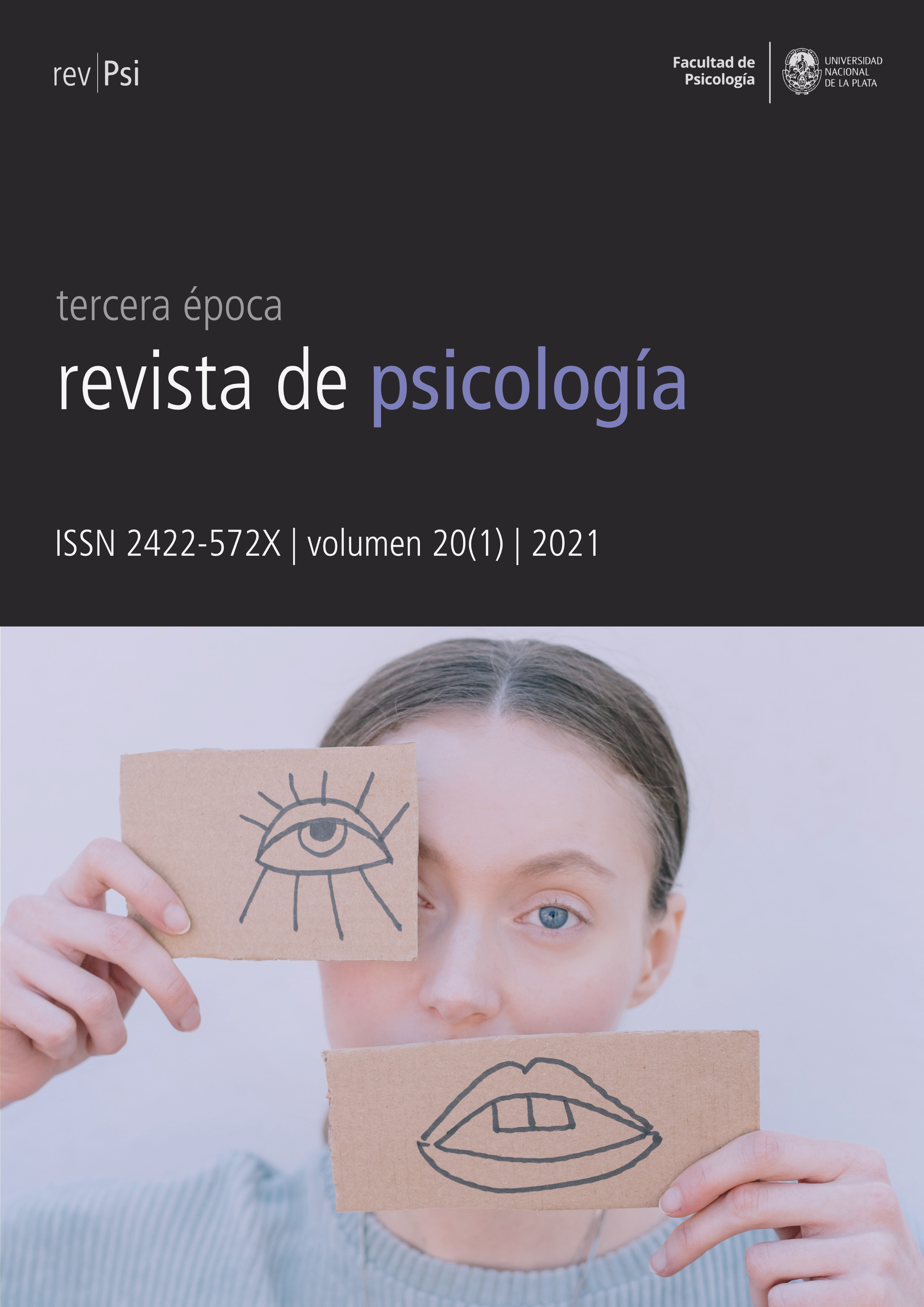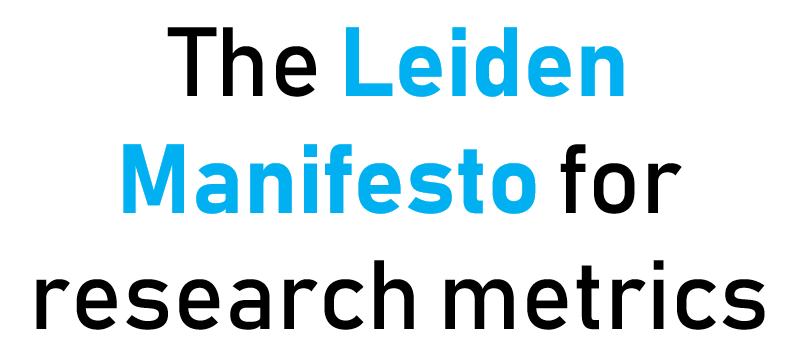Existential feelings and body memory: two cases in philosophy of psychiatry
DOI:
https://doi.org/10.24215/2422572Xe091Keywords:
Existential feelings, Body memory, Phenomenology, PsychiatryAbstract
The question that guides this work concerns the relationship between affectivity and memory from its corporal configuration. My aim is to evaluate the relationship between these two phenomena under the heading of two concepts: existential feelings and body memory, as present in contemporary phenomenology. In the current framework of interaction between phenomenology and psychiatry, the concept of existential feelings designates an important descriptive category related to the bodily structure of our affective experience and suggests a central role of certain bodily feelings that influence self-description (Ratcliffe, 2005; 2008; 2015). On the other hand, the notion of body memory describes how dispositions, capacities, and habits shape our experience without the need for explicit recollection (Fuchs, 2012; 2018). I maintain that the bodily element present in the formulation of these two concepts allows for a fruitful approach to the historical and affective conditioning aspects of our experience. In the last part, I examine two psychiatric cases that make explicit the mutual interaction between these phenomena on a pre-reflexive level, and I highlight the determining role of these phenomena in the emergence of anomalous experiences.
Downloads
Metrics
References
American Psychiatric Association. (2013). Diagnostic and statistical manual of mental disorders (5th ed.). American Psychiatric Association.
Anderson, M. & Hanslmayr, S. (2014). Neural mechanisms of motivated forgetting. Trends in Cognitive Sciences, 18, (6) 279–292. https://doi.org/10.1016/j.tics.2014.03.002
Besche-Richard, C. (2013). Explicit and implicit memory in depressive patients. Review of the literature. Psychology, 4, (11a), 4-10. https://doi.org/10.4236/psych.2013.411A002
Blankenburg, W. (2001). First steps toward a psychopathology of "common sense". Philosophy, Psychiatry, and Psychology, 8 (4), 303-315. https://doi.org/10.1353/ppp.2002.0014
Caravà, M. (2020). An exploration into enactive forms of forgetting. Phenomenology and the Cognitive Sciences. https://doi.org/10.1007/s11097-020-09670-6
Carel, H. (2013) Bodily doubt. Journal of Consciousness Studies, 20 (7–8). 178–197.
Carel, H. (2016). Phenomenology of illness. Oxford University Press.
Casey, E. (2000). Remembering: A phenomenological study. Indiana University Press.
Fuchs, T. (2003). The phenomenology of shame, guilt and the body in body dysmorphic disorder and depression. Journal of Phenomenological Psychology, 33, 223–243.
Fuchs, T. (2011). Body memory and the unconscious. Phaenomenologica, 199, 69– 82.
Fuchs, T. (2012). The phenomenology of body memory. In S. Koch, T. Fuchs, M. Summa, & C. Müller, (Eds.) Body memory, metaphor and movement (pp. 9– 22). John Benjamins.
Fuchs, T. (2018). Memória corporal e história de vida. In Fuchs, T. Para uma psiquiatria fenomenológica: Ensaios e conferências. Tradução de Marco Antônio Casanova. Via Verita.
Gallagher, S. & Zahavi, D. (2012). The phenomenological mind. Routledge.
Goldie, P. (2000) The emotions: A philosophical exploration. Clarendon Press.
Gross, J. (2002). Emotion regulation: Affective, cognitive, and social consequences. Psychophysiology, 3(39), 281–291. https://doi.org/10.1017/S0048577201393198
Hardy, A. (2017). Pathways from trauma to psychotic experiences: A theoretically informed model of posttraumatic stress in psychosis. Frontiers in Psychology, 8, 697. https://doi.org/10.3389/fpsyg.2017.00697
Heidegger, M. (2001). Zollikon seminars: Protocols, conversations, letters. Northwestern Univ. Press.
Kensinger, E. A., & Schacter, D. L. (2008). Memory and emotion. In M. Lewis, J. M. Haviland-Jones, & L. F. Barrett (Eds.), Handbook of emotions (pp. 601–617). Guilford.
Laing, R.D. (1990). The divided self: An existential study in sanity and madness. Penguin Books.
Manzotti, R. (2012). An externalist approach to existential feelings: Different feelings or different objects? In J. Fingerhut & S. Marienberg (Eds.), Feelings of being alive (pp. 79–99). De Gruyter.
McIlwain, D., Taylor, A., & Geeves, A. (2010). Fullness of feeling: Reflection, rumination, depression and the specificity of autobiographical memories. Proceedings of the 9th Conference of the Australasian Society for Cognitive Science. (pp. 238-244). Sydney.
Michaelian, K. & Sutton, J. (2017). Memory. The Stanford Encyclopedia of Philosophy. Edward N. Zalta (ed.). https://plato.stanford.edu/archives/sum2017/entries/memory
Morgan, C. & Gayer‐Anderson, C. (2016), Childhood adversities and psychosis: evidence, challenges, implications. World Psychiatry, 15, 93-102. https://doi.org/doi:10.1002/wps.20330
Nolen-Hoeksema, S. (2000). The role of rumination in depressive disorders and mixed anxiety/depressive symptoms. Journal of Abnormal Psychology, 109(3), 504-11. https://doi.org/10.1037/0021-843X.109.3.504
Parnas, J. & Zahavi, D. (2000). The link: Philosophy-psychopathology-phenomenology. In D. Zahavi (Ed.) Exploring the self. Philosophical and psychopathological perspectives on self-experience. John Benjamins.
Ratcliffe, M. (2005). The feeling of being. Journal of Consciousness Studies, 12, (8–10), 45–63.
Ratcliffe, M. (2008). Feelings of being. Oxford University Press.
Ratcliffe, M. (2015). Experiences of depression. Oxford University Press;
Ratcliffe, M. (2017). Selfhood, schizophrenia, and the interpersonal regulation of experience. In C. Durt, T. Fuchs, & C. Tewes (Eds.) Embodiment, enaction, and culture: Investigating the constitution of the shared world. The MIT Press.
Read et al., (2005). Sexual and physical abuse during childhood and adulthood as predictors of hallucinations, delusions and thought disorder. Psychology and Psychotherapy: Theory, Research and Practice, 76, 1–22. https://doi.org/10.1348/14760830260569210
Reis, R. (2016). A abordagem fenomenológico-existencial da enfermidade: Uma revisão. Revista Natureza Humana, 18(1).
Reisberg & Hertel, (2004). Preface. In D. Reisberg & P. Hertel (Eds.) Memory and emotion. Oxford University Press.
Reisberg, D. & Heuer, F. (2004). Memory for emotional events. In D. Reisberg & P. Hertel (Eds.) Memory and emotion. Oxford University Press.
Riva, G. (2018). The neuroscience of body memory: From the self through the space to the others. Cortex, 104, 241–260. https://doi.org/10.1016/j.cortex.2017.07.013
Roediger III, H.L., Zaromb, F.M., & Lin, W. (2017). A typology of memory terms. In R. Menzel (Ed.). Learning theory and behavior [Vol. 1 of Learning and memory: A comprehensive reference]. Academic Press.
Rowlands, M. (2016). Memory and the self: Phenomenology, science and autobiography. Oxford University Press.
Saarinen, J. (2018). A critical examination of existential feeling. Phenomenology and the Cognitive Sciences, 17, 363–374. https://doi.org/10.1007/s11097-017-9512-4;
Sass, L. & Parnas, J. (2003). Schizophrenia, consciousness, and the self. Schizophrenia Bulletin, 29(3), 427-444. https://doi.org/10.1093/oxfordjournals.schbul.a007017
Schacter, D. (1987). Implicit memory: History and current status. Journal of Experimental Psychology: Learning Memory and Cognition, 13(3), 501-518. https://doi.org/10.1037/0278-7393.13.3.501
Sheets-Johnstone, M. (2012). Kinesthetic memory: Further critical reflections and constructive analyses. In S. Koch, T. Fuchs, M. Summa, & C. Müller, (Eds.) Body memory, metaphor and movement (pp. 43-72). John Benjamins.
Sutton, J., & Williamson, K. (2014). Embodied remembering. In L. Shapiro (Ed.) The Routledge handbook of embodied cognition. Routledge
Trakas, M. (no prelo). No trace beyond their name? Affective memories, a forgotten concept. L'année psychologique / Topics in Cognitive Psychology.
Watkins, P. (1996). Unconscious mood-congruent memory bias in depression. Journal of Abnormal Psychology, 105(1), 34-41. https://doi.org/10.1037/0021-843X.105.1.34
Watkins, P. (2002). Implicit memory bias in depression. Cognition and Emotion, 16 (3), 381-402. https://doi.org/10.1080/02699930143000536
Downloads
Published
How to Cite
Issue
Section
License
![]()
Authors who publish in this journal accept the following conditions:
- Authors retain the copyright and assign the right of first publication to the journal, with the work registered under a Creative Commons attribution license (CC-BY), which allows third parties to use what is published whenever they mention the authorship of the work and the first publication in this magazine.
- Authors can make other independent and additional contractual agreements for the non-exclusive distribution of the article published in this journal (e.g., include it in an institutional repository or publish it in a book) as long as they clearly indicate that the work was published for the first time in this magazine.
- Authors are allowed and encouraged to publish their work on the Internet (e.g., on institutional or personal webpages) before and during the review and publication process, as it can lead to productive exchanges and greater and faster dissemination of published work (see The Effect of Open Access ).





































